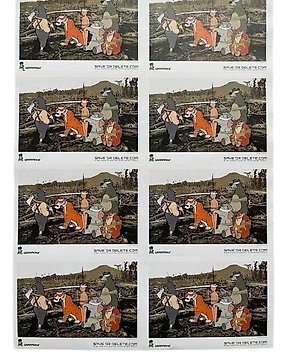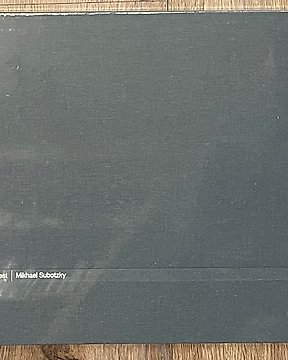
Bertien van Manen Give Me Your Image + Citibank Photography Prize +Guaranteed Real Dutch - Bertien van Manen - 1997-2006
Catawiki actualiza constantemente su tecnología. Actualmente, estás utilizando un navegador obsoleto. Para optimizar tu experiencia de navegación, actualiza tu navegador.
Puedes configurar tus preferencias de cookies utilizando los botones de abajo. Puedes actualizar tus preferencias, retirar tu consentimiento en cualquier momento y ver una descripción detallada de los tipos de cookies que usamos nosotros y nuestros socios en nuestra Política de cookies.
N.º 83677405
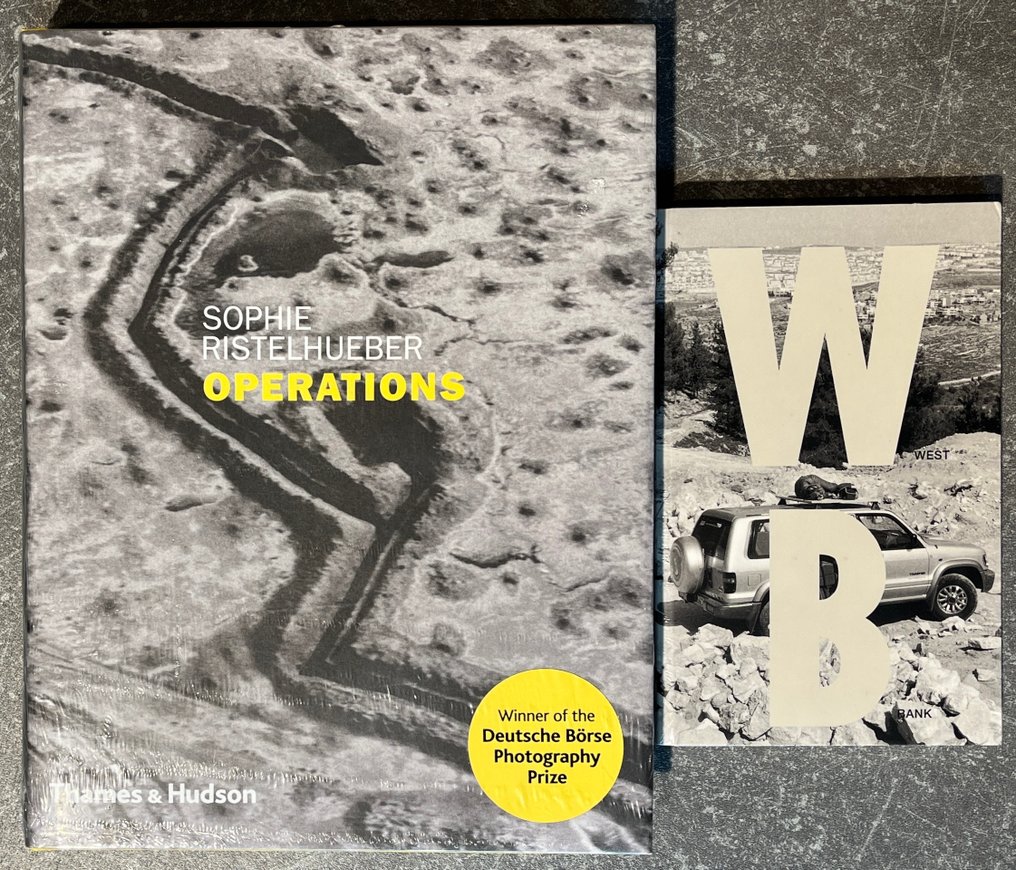
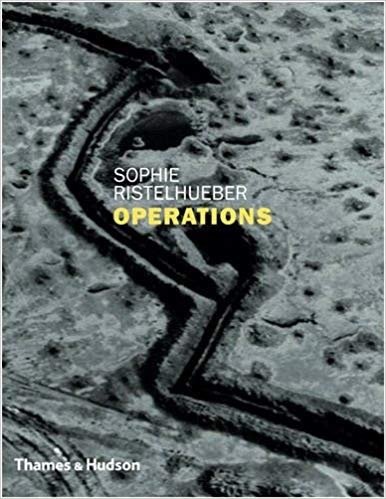
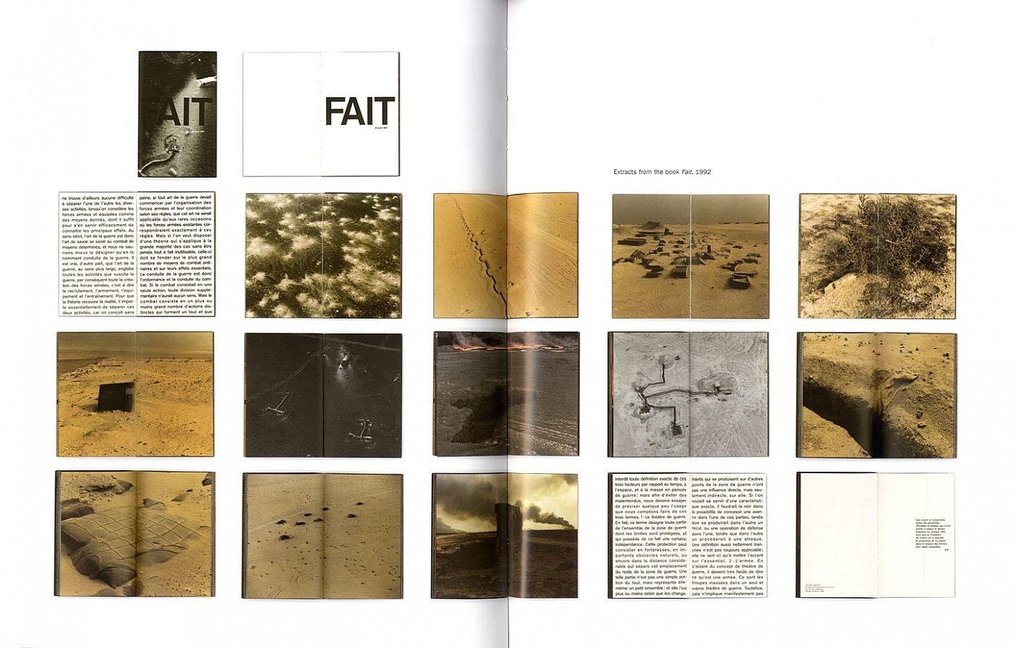
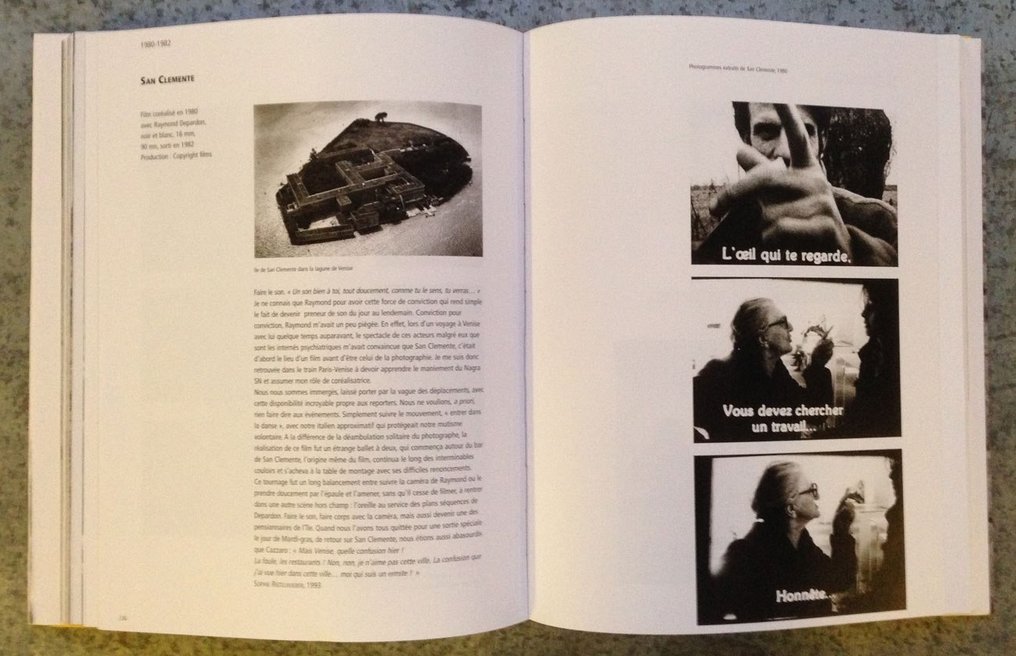
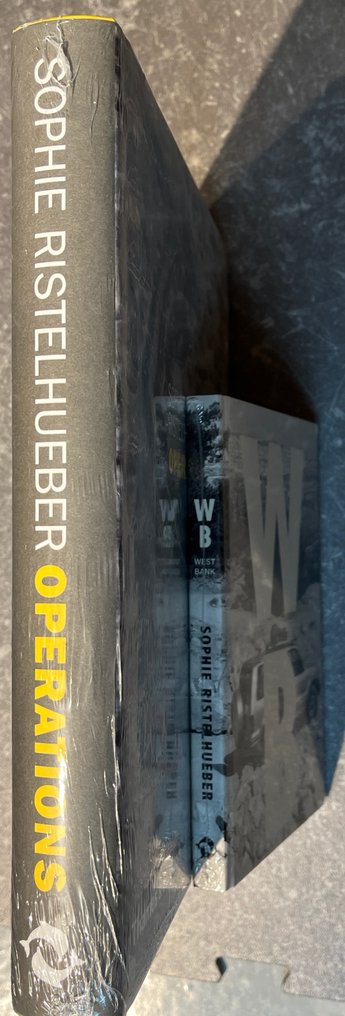
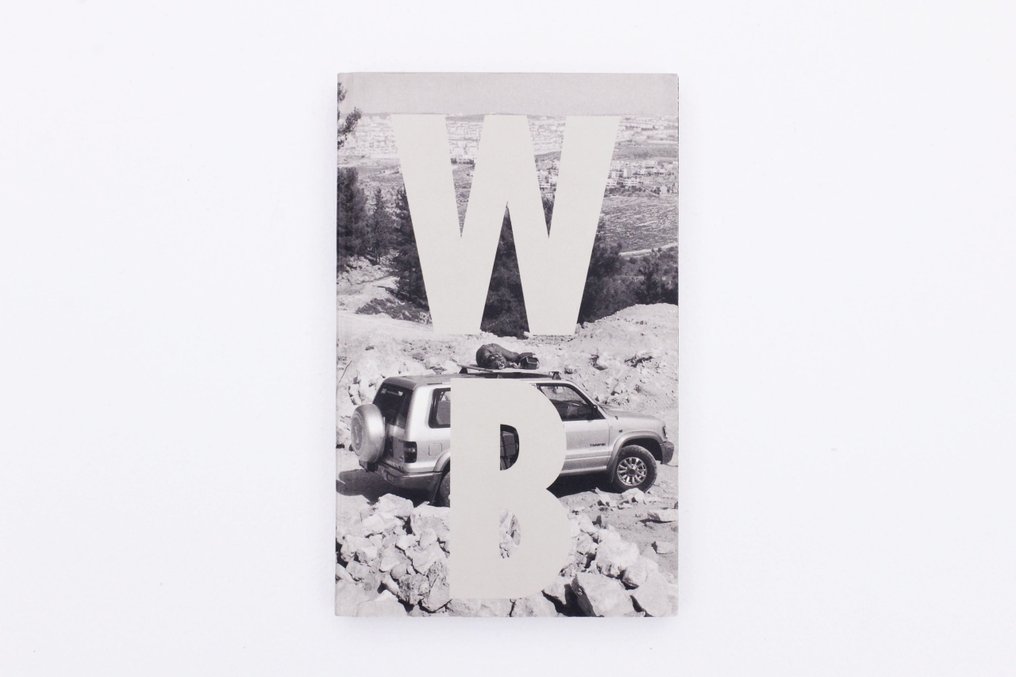
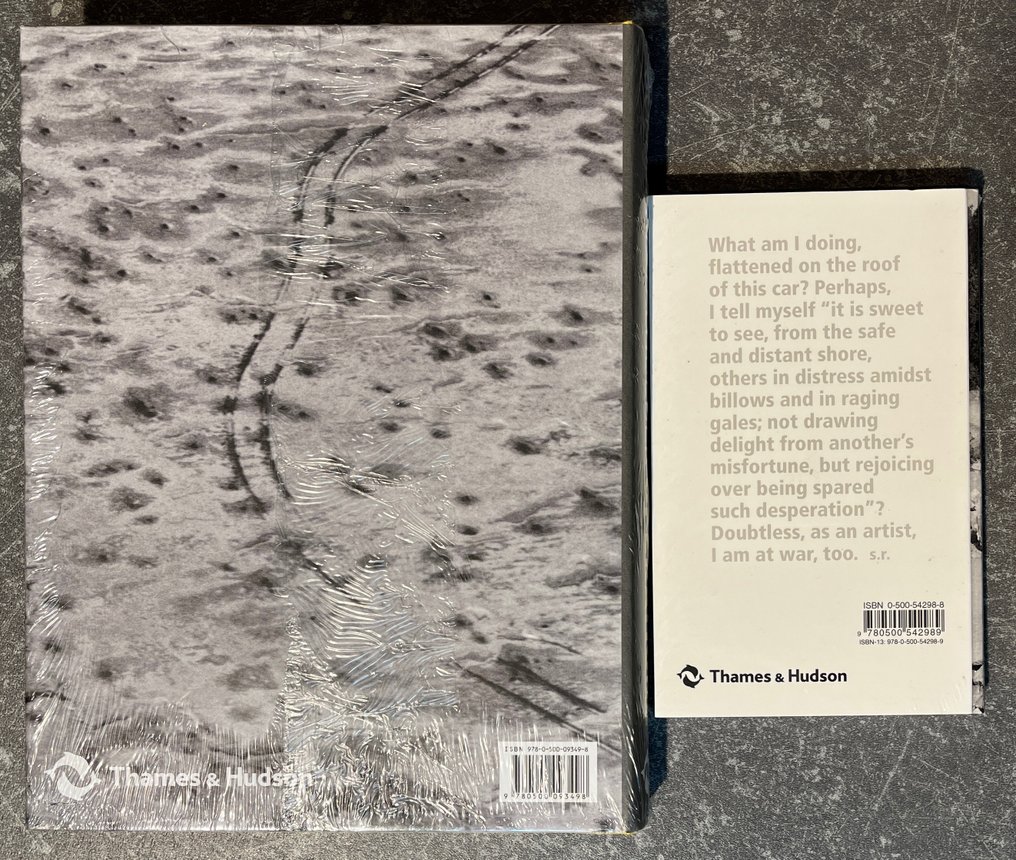
Operations (2009)
In Sophie Ristelhueber’s artworks and installations, the photographed landscape appears in fragments: damaged, rent, pockmarked. These traces of history and conflict, which the artist calls ‘details of the world’, are like scars on a body, and they convey a similar tale of wounds scarcely healed. Ristelhueber has been photographing these metaphorical scars in war-torn places like Beirut, Kuwait, Bosnia and Iraq since 1982, recording the violence inflicted on the surface of the earth by the machinery of war. Rather than focusing on the geopolitical meaning of a particular conflict, she is engaged with the ambiguities of what she calls the ‘terrain of the real and of collective emotions’. Ristelhueber’s approach implies that the current world situation is part of an unceasing historical cycle of destruction and construction – in her photographs, the surface of the land becomes a kind of palimpsest on which the disfiguring marks of decades of conflict continue to be recorded.
West Bank (2005)
What am I doing on the roof of my car, smashed on the platform from where 'it is sweet to stand and see, from the safe and distant shore, others in distress amidst billows and raging gales; not drawing delight from another's misfortune, but rejoicing over being spared such desperation*'? Doubtless as an artist, I am at war, too - Sophie Ristelhueber (*excerpt from Lucretius, "De Rerum Natura", II, 1-4) In her intensely personal yet objectively restrained photographs, Sophie Ristelhueber embraces and records the scars of human existence. 'I have these obsessions that I do not completely understand, with the deep mark, with the ruptured surface, with scars and traces, traces that human beings are leaving on the earth', she says. She transcends the turmoil and specificity of a location and creates art without limits of time and identity through photographs that are haunting, provocative and telling. Ristelhueber's photographs only ever carry evidence of human activity, never images of people themselves: it is through the absence of life that she manages so profoundly to address life's fragile presence.
bel ensemble
Operations (2009)
In Sophie Ristelhueber’s artworks and installations, the photographed landscape appears in fragments: damaged, rent, pockmarked. These traces of history and conflict, which the artist calls ‘details of the world’, are like scars on a body, and they convey a similar tale of wounds scarcely healed. Ristelhueber has been photographing these metaphorical scars in war-torn places like Beirut, Kuwait, Bosnia and Iraq since 1982, recording the violence inflicted on the surface of the earth by the machinery of war. Rather than focusing on the geopolitical meaning of a particular conflict, she is engaged with the ambiguities of what she calls the ‘terrain of the real and of collective emotions’. Ristelhueber’s approach implies that the current world situation is part of an unceasing historical cycle of destruction and construction – in her photographs, the surface of the land becomes a kind of palimpsest on which the disfiguring marks of decades of conflict continue to be recorded.
West Bank (2005)
What am I doing on the roof of my car, smashed on the platform from where 'it is sweet to stand and see, from the safe and distant shore, others in distress amidst billows and raging gales; not drawing delight from another's misfortune, but rejoicing over being spared such desperation*'? Doubtless as an artist, I am at war, too - Sophie Ristelhueber (*excerpt from Lucretius, "De Rerum Natura", II, 1-4) In her intensely personal yet objectively restrained photographs, Sophie Ristelhueber embraces and records the scars of human existence. 'I have these obsessions that I do not completely understand, with the deep mark, with the ruptured surface, with scars and traces, traces that human beings are leaving on the earth', she says. She transcends the turmoil and specificity of a location and creates art without limits of time and identity through photographs that are haunting, provocative and telling. Ristelhueber's photographs only ever carry evidence of human activity, never images of people themselves: it is through the absence of life that she manages so profoundly to address life's fragile presence.
bel ensemble
